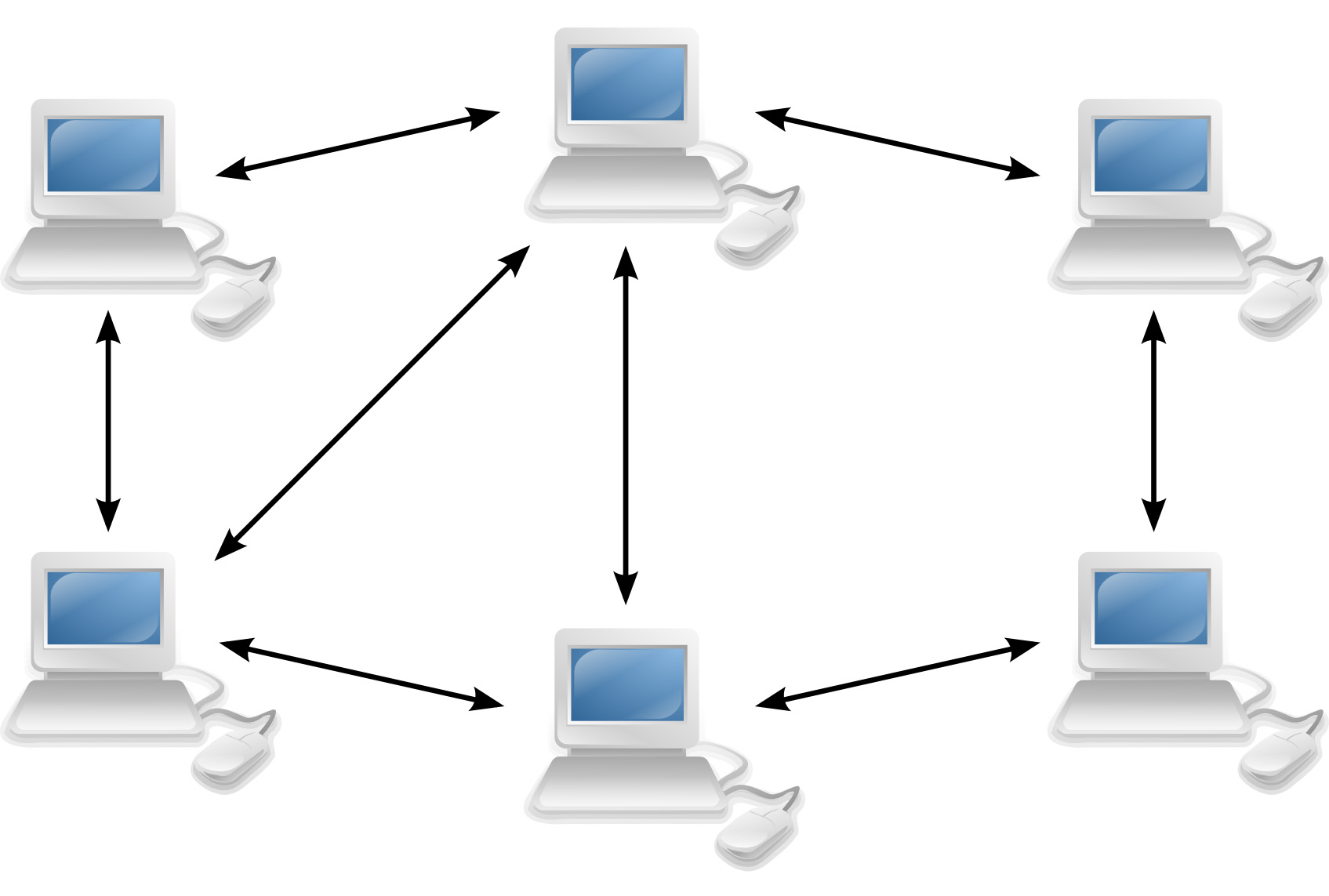In the realm of mental health, the value of peer-to-peer support is priceless. It’s all about connection and understanding, of knowing that you are not alone in what you’re going through. This article aims to elucidate the many benefits of engaging with this form of support. Keep reading to learn more about how sharing experiences and solutions with others who are navigating similar challenges can hugely impact one’s perspective and promote emotional well-being.
Understanding Through Shared Experiences
One of the most significant advantages of peer-to-peer support lies in the level of understanding achieved through shared experiences. Unlike professional counseling, where the expert’s advice is usually based on theoretical understanding and acquired insights, peer support celebrates the experiential knowledge of individuals. The premise that you’re engaging with someone who has walked in similar shoes and faced the same battles you’re fighting can drive an exceptional level of connection and empathy.
This support form provides a safe and non-judgmental space to discuss obstacles and victories, fostering a sense of belonging often not in traditional therapy. The peers in such settings, such as a Supportiv online chat room, can better comprehend the nuanced struggles and complex emotions you’re grappling with. One of the key benefits of connecting with peers online is their shared understanding. Unlike friends or family members who may offer well-meaning but generic advice, peers in online support settings have firsthand experience of what you’re going through. This shared understanding can lead to more targeted, feasible advice and strategies that are grounded in lived experiences rather than theoretical concepts.
Sharing personal experiences and hearing others’ stories can be an incredibly cathartic experience that goes beyond simple conversations and empathetic connections. Opening up about our own experiences allows us to release pent-up emotions, providing a safe space to unload our burdens and anxieties. By expressing our feelings, we can find a sense of relief while also gaining a fresh perspective on our own struggles. It’s a powerful way to process our emotions and gain clarity, leading to personal growth and emotional well-being.
Hearing others’ stories can have a profound impact on our own lives. When we listen to others share their experiences, we understand the universality of human struggles. It serves as a reminder that we are not alone in our challenges; others have faced similar hardships and have found a way to overcome them. This realization sheds the heavy cloak of isolation and loneliness often accompanying difficult situations. It offers solace in knowing that there are others who have walked a similar path and found light at the end of the tunnel.
Fostering Personal Growth

Peer-to-Peer support is a potent catalyst for personal growth. It’s an empowering process that encourages self-efficacy—the belief in one’s ability to overcome challenges and solve problems. This form of support encourages individuals to take charge of their lives and well-being by providing them with the tools and strategies they need to manage their problems effectively.
Furthermore, by engaging in peer-to-peer support, individuals can gain new perspectives on their dilemmas and find different ways of handling them. Shared experiences can pave the way for fresh insights and new learning opportunities, allowing individuals to try new coping mechanisms and strategies that have proven successful for others.
A key aspect of personal growth through peer-to-peer support is also the experience of being a supporter. This provides a sense of purpose and empowerment, instills confidence, and contributes to better self-esteem. It often makes individuals mindful of their own coping strategies and resilience, putting them in a position to serve as a source of inspiration for others facing similar struggles.
Building Affirmation and Validation
Another transformative benefit of peer-to-peer support is the sense of affirmation and validation it offers. The feeling of not being “crazy” or “overreacting” is reinforced when individuals hear others narrating experiences similar to theirs. This affirmation and the consequent validation of emotions and reactions can alleviate angst and anxiety, fostering self-acceptance and promoting inner peace.
Validation from peers often also strengthens the commitment towards the journey of healing and self-improvement. Knowing that others have faced the same battles and charted their way out can give a huge confidence boost and instill the belief that it is indeed possible to overcome one’s struggles.
Through these processes of affirmation and validation, peer-to-peer support helps individuals feel seen and heard, hold their experiences as valid, and derive strength from the fact that they are not alone in their battles. This eventually paves the path for hope, self-confidence, and recovery.
Promoting Mental Health Literacy
Peer-to-peer support can be instrumental in promoting mental health literacy. One of the many challenges associated with mental health issues is the gap in understanding among those who haven’t experienced them. By conversing about their experiences, the peers engaged in support chat rooms can help bridge this gap.
More importantly, however, this process can also enhance the understanding of one’s own mental health condition. Hearing about how others have experienced, interpreted, and navigated their struggles might enhance awareness of one’s symptoms and patterns. This can lead to more proactive management of mental health issues.
Participating in peer-to-peer support often facilitates access to resources and information from others who’ve navigated the complex mental health system. Sharing resources, practical tips, and firsthand knowledge contributes significantly to raising mental health literacy among the participating peers.
Reducing Stigma and Promoting Acceptance
One of the biggest barriers for individuals with mental health issues is the social stigma and prejudice they often face. Peer-to-peer support can play a critical role in reducing this stigma. By facilitating open conversations about struggles and victories in an online chat room, this form of support normalizes the idea of mental health issues, counteracting the stigmatizing and isolating attitudes prevalent in society.
Equally, peer-to-peer support promotes acceptance—both self-acceptance and acceptance by others. For many individuals battling mental health problems, accepting their condition is the first major step toward recovery. Being part of networks such as the Supportiv online platform, where everyone is accepting and understanding, helps foster this self-acceptance.
Creating Social Bonds and Building Networks
Another essential benefit of peer-to-peer support is the creation of social bonds and networks. Partnerships built on shared experiences can lead to genuinely empathetic, supportive, and resilient relationships. These connections can become lifelines, providing emotional support, understanding, and friendship when most needed.
These networks can also help form a robust safety net that individuals can rely on during challenging times. The ability to reach out and connect with individuals who understand the challenges associated with mental health problems can be incredibly beneficial in times of crisis.
The Role of Technology in Peer-To-Peer Support

In today’s world, technology is essential in facilitating peer-to-peer support. Online platforms are increasingly becoming the go-to places for people seeking this form of support, allowing for easy, anonymous, and instant access to a support network.
These platforms leverage the power of modern technology to bring people together, regardless of their physical location or time zone. This immediacy and accessibility can often make a profound difference, particularly in times of acute distress.
Online peer-to-peer support allows for greater inclusivity, transcending geographic and accessibility barriers. Anybody with an internet connection can avail of support, share experiences, alleviate their pain, or help others tackle their battles. This democratizing effect of technology has been instrumental in making peer-to-peer support more accessible and commonplace.
This type of support offers a powerful alternative to traditional mental health support, offering understanding, connection, insight, and empowerment. Its power lies in the shared experience, mutual understanding, and the incredible strength derived from knowing that one is not alone in their struggles. Whether in person or online, these supportive communities hold the potential to transform lives, offering a beacon of hope for those grappling with mental health issues.


